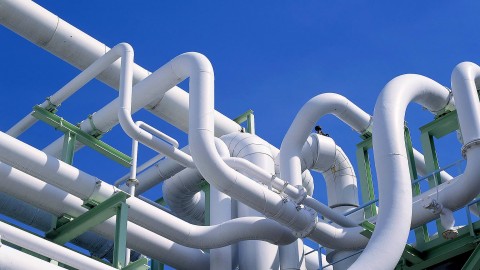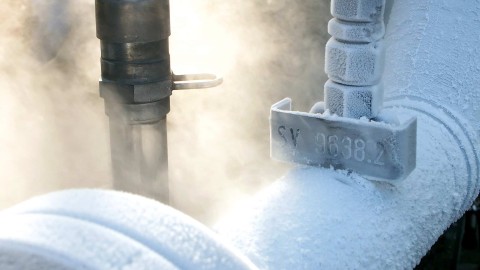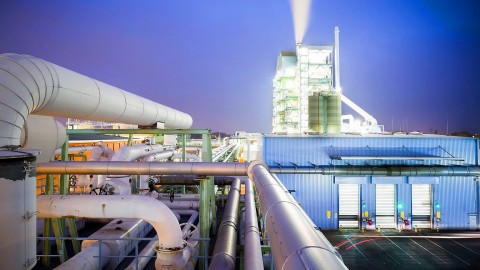Fluorinated gases are costly and environmentally harmful – a challenge to tackle together
Fluorinated greenhouse gases, also called “F-gases” or “F-GHGs” for short, produce an enormous greenhouse effect that accelerates climate change. Many degrade very slowly and so inflict environmental damage in the atmosphere for as long as 50,000 years. Their impact on the climate is quantified by their global warming potential (GWP), which is expressed in relation to the greenhouse effect of carbon dioxide, or CO₂.
To provide a sense of scale, methane – an infamous greenhouse gas – has a GWP of 28. That means it contributes 28 times as much to global warming over 100 years as the same quantity of CO₂. Fluorinated hydrocarbons have GWPs of 600 to more than 12,000.
Recognizing this threat, the EU passed legislation back in 2015 to lower emissions of new, available F-gases and/or their global warming potential in the EU by 70 million metric tons of CO₂ equivalents to 35 million metric tons of CO₂ equivalents. The mechanism used to bring about this change was simple: price. The EU is continually shrinking the total number of CO₂ equivalents permitted in its territory. By 2021, this number had shrunk to only 45% of the 2015 number. The resulting artificial scarcity makes greenhouse gases more expensive and thus less economically attractive.
F-gases are mainly used as refrigerants in air-conditioning units and cooling systems. They escape into the atmosphere when the equipment is scrapped or develops a leak. Some cooling systems in the chemical industry are filled with several tons of these refrigerants.
Infraserv provides extensive advisory and support services for all organizations affected by the phase-down. We specialize in environmental services and in facility management for chemical and laboratory infrastructure and so can retrofit existing equipment to operate profitably with the current crop of approved refrigerants for a long time to come. Wherever a retrofit is out of the question, we can support companies with custom solutions such as the implementation of a new plant. We put a high priority on using and switching to environmentally friendly alternative refrigerants.
Cooling system operators can thus look forward to the future with the confidence that they will continue to keep costs low while supporting efforts to mitigate climate change in partnership with Infraserv Höchst. It is all our responsibility to continue reducing the use of F-gases, and not just due to legal mandates. Let’s embark on this sustainability journey together!



